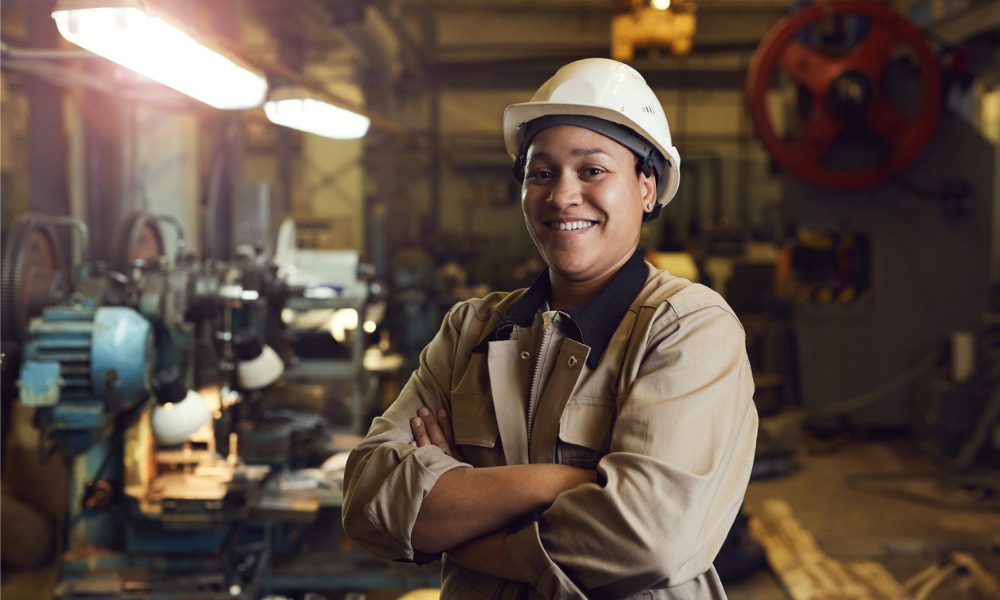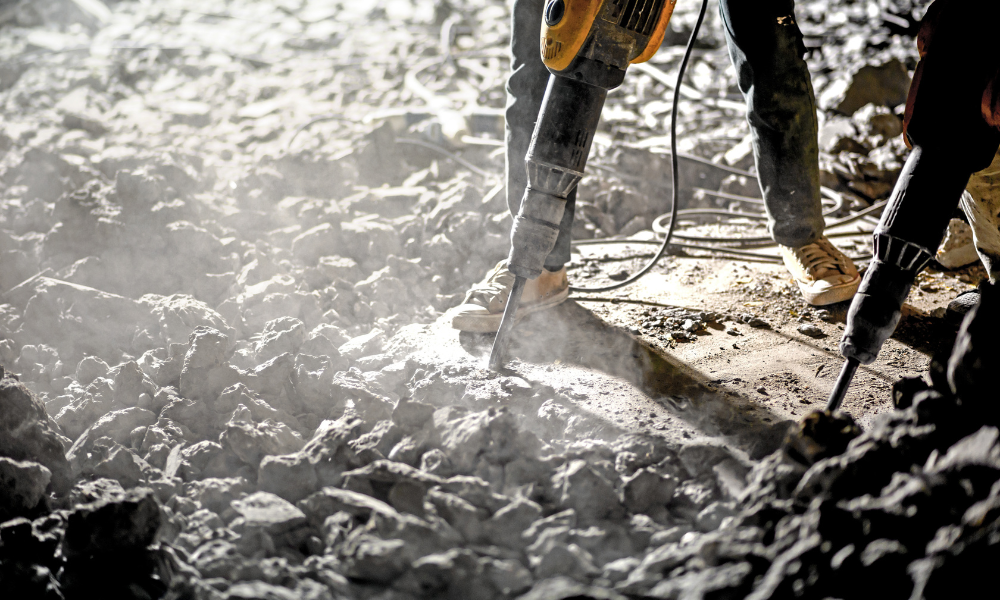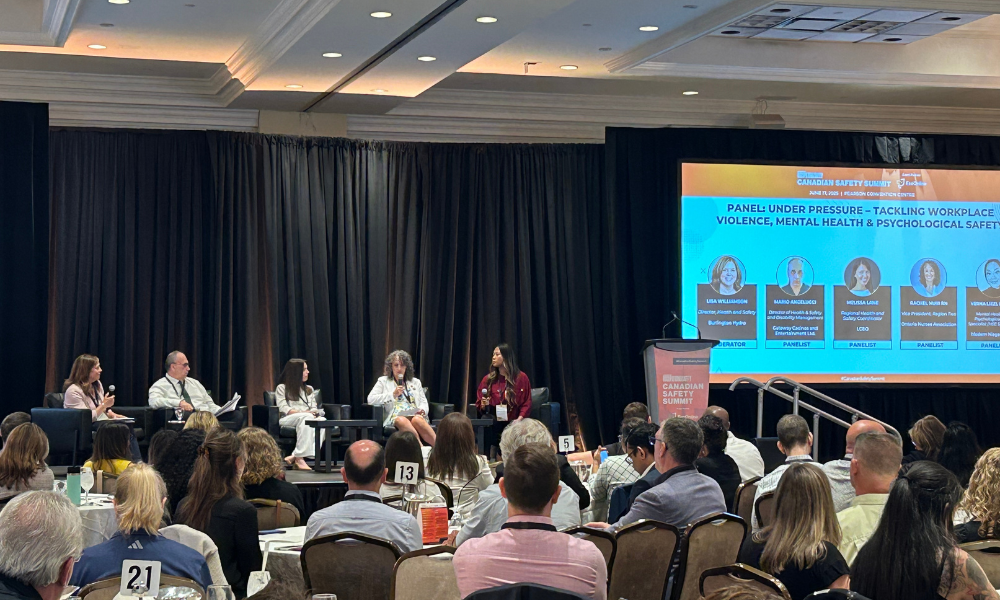Proper tools need to be available to encourage women to join the trades

With the current labour shortage, more and more construction companies are looking to attract women to what has historically been a very male-dominated sector. However, issues such as discrimination and sexual harassment remain a problem – and are very much a safety issue.
So how can companies in the construction sector improve to ensure that women feel safe on all worksites? Daniela Xavier, Corporate Health, Safety and Environmental Coordinator, EllisDon, says that firms need education and support. “It is a systemic issue that has been going on for many years. Women are being encouraged to join the trades, which is wonderful…but the tools need to be available for those women,” she says.
Companies must start at the source, because work culture is extremely important, she says. “You need to be able to ensure that everyone understands what is acceptable and what is not.” And because forms of harassment have been accepted for so long, most people don’t realize when they are crossing a line – and that is not okay, says Xavier.
Here are three ways that you can improve women’s wellbeing on job sites.
Train your employees, and have those conversations. “It is important that everyone is practicing what they are preaching,” says Xavier. For example, being aware of what is written in company policies and the disciplinary policy. “Holding someone accountable for their actions is extremely important – it must be a united front.”
Put into place effective reporting systems. Reporting systems are another tool that is super important, says Xavier. “If someone has experienced harassment or was a witness to it, your company needs to be adequately prepared to handle it. From training all the way to privacy and respect.”
She says that most women do not report that they have experience a form of violence or harassment at work, simply because the are afraid of the repercussions.
Provide the right tools on site. That can mean a number of things. Firstly, setting up women-only washrooms. “Women have additional hygiene measures that are required to maintain their health and well-being, changing your menstrual products is already a difficult task,” says Xavier. Not having a clean facility or running water not only makes a woman extremely uncomfortable but it is also a health/hygiene concern.
Secondly, companies should be equipped with various sizes of all types of personal protective equipment (PPE). “If a harness does not adequately fit someone, they have every right to refuse the task. But most won't,” says Xavier. “Women in the construction sector tend to feel like they must work significantly harder than their male coworkers just to prove they are capable to do the work.”
Women should also be provided with the same growth opportunities as their male counterparts because ultimately, careers in construction should be offered to everyone. “When I was in high school, I remember being asked by my own guidance counselor if I wanted to go into hairdressing or esthetics. woodworking or mechanics was never provided to me as an option. It should be,” says Xavier. “I wish I knew 15 years ago that Construction is where I wanted to be but, hey, better late than never.”





